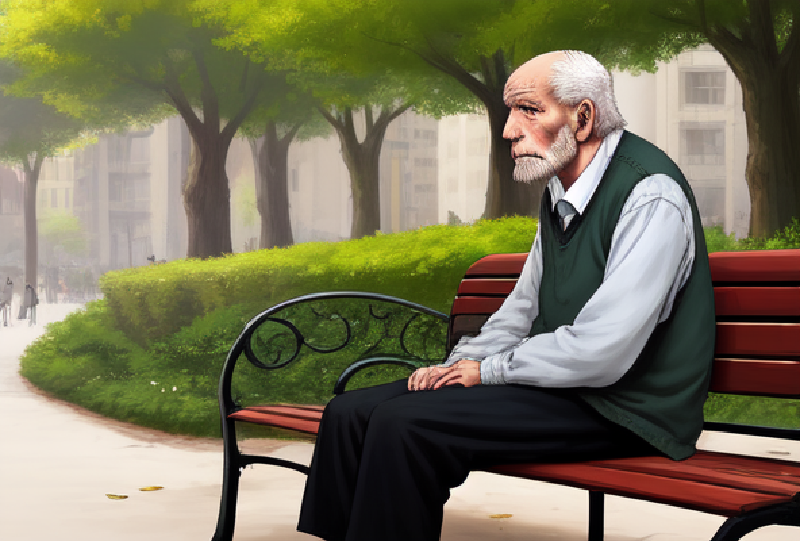TL;DR
⭐ ⭐ ⭐ ⭐ ⭐
An absolute joy to read if you like the logic of mathematicians.
The biggest “thesis” of this book is that there is such thing as “value”, and that knowledge is valuable. So there is no “purpose in life” except for the (eternal) things, like theorems, we leave behind. I have felt this philosophy from many pure mathematicians, but never so clearly expressed as Hardy has done it.
Beyond this, the book is filled with statements about mathematics that will make non-mathematicians chuckle, like “‘Imaginary’ universes are so much more beautiful than this stupidly constructed ‘real’ one.”
However, only buy/read this book if you like quirky mathematicians. Otherwise, it will be a waste of your time.
Why I bought the book
My brother is a (real) mathematician, and with my focus on mathematical optimization I have occasionally said that I work in “applied mathematics”. So naturally I have a high degree of exposure and interest in that field. And the lore of Ramanujan is one of the most famous stories in mathematics there is.
He was an Indian mathematician, who had incredibly deep, natural understanding of mathematics despite not having any formal training in mathematics. He got discovered when he wrote theorems in a book and sent them to professors in England, including H.G. Hardy. He immediately recognized his genius and got Ramanujan to come to England. A few unbelievably prolific years followed, but aged only 32 Ramanujan died from the terrible English weather.
So when I heard of this book by Hardy, I simply had to read it.
What the book is about
Hardy does not do “TL;DR”. Instead, he has written an essay of 100 pages or so where he talks about mathematics, and life. There is some structure to it, but it more reads like someone holding a monologue in a cafe for a couple of hours. So I won’t do him a disservice by trying to force borders or something of the like on it.
Instead, I will highlight a couple of the subjects that he talks about. If you want to read more, get the book:
About people in general
- “It is quite true that most people can do nothing well. If so, it matters very little what career they choose, and there is really nothing more to say about it. It is a conculsive reply, but hardly one likely to be made by a man with any pride.”
- “There are many highly respectable motives which may lead men to prosecute research, but three which are much more important than the rest:
- Intellectual curiosity, desire to know the truth○
- Professional pride, anxiety to be satisfied with one’s performance○
- Ambition, desire for reputation, and the position, even the power or the money, which it brings”
About mathematicians
- “A Mathematician, like a painter or a poet, is a maker of patterns. […] A mathematician, on the other hand, has no material to work with but ideas, and so his patterns are likely to last longer, since ideas wear less with time than words”
- [About serious theorems]: “There are two things at any rate which seem essential, a certain generality and a cetain depth; but neither quality is easy to define at all precisely.”
- “A property common to too many objects can hardly be very exciting, and mathematical ideas also become dim unless they have plenty of individuality.”
- [About beautiful theorems]: “There is a very high degree of unexpectedness, combined with inevitability and economy.”
About the usefulness of mathematics
- “It is undeniable that a good deal of elementary mathematics […] has considerable practical utility. […] The ‘real’ mathematics of the ‘real’ mathematicians […] is almost wholly ‘useless’ (and this is as true of ‘applied’ as of ‘pure’ mathematics).”
- “But is not the position of an ordinary applied mathematician in some ways a little pathetic? If he wants to be useful, he must work in a humdrum way, and he cannot give full play to his fancy even when he wishes to rise to the heights. ‘Imanginary’ universes are so much more beautiful than this stupidtly constructed ‘real’ one;”
- “[…] real mathematics, which must be justified as art if it can be justified at all.”
- “I have just one chance of escaping a verdict of complete triviality, that I may be judged to have created something worth creating. And that I have created something is undeniable: the question is about its value. […] I have added something to knowledge.”
My 2 cents
Does life have value? According to Hardy, only if we leave something (eternal) behind. That seems quite arbitrary to me, since nothing is truly eternal. But I have hung out with enough mathematicians to understand the emotion behind it. It is a form of seeking immortality, of justifying the countless hours of staring into an abyss of abstractness. That’s fair, and he acknowledges his bias towards this worldview in the book.
Beyond the very interesting philosophical arguments, Hardy’s comments about mathematics are incredibly fun to read. He’s witty, not a surprise given he’s English, but also manages to bring the quirkiness of mathematicians to paper, which makes it a unique book to read.
As I said in the beginning, it is not for everyone. But if you are mathematically interested, then this is definitely worth the time (and money).
